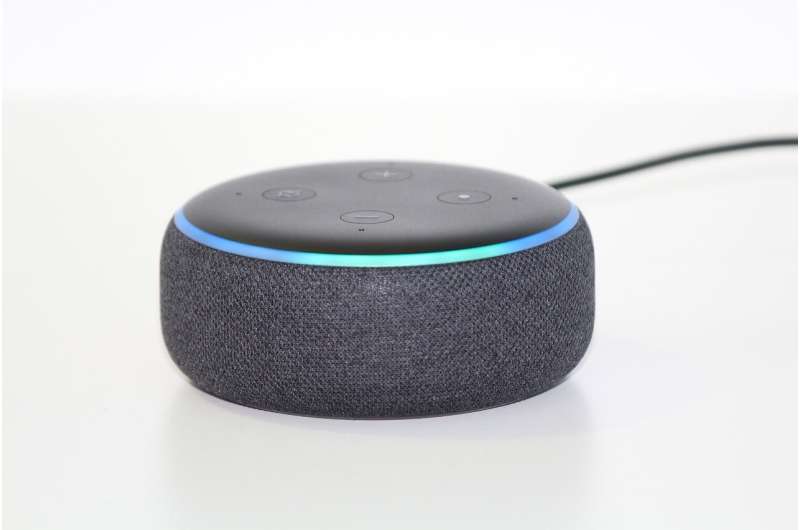This article has been reviewed according to Science X's editorial process and policies. Editors have highlighted the following attributes while ensuring the content's credibility:
fact-checked
peer-reviewed publication
trusted source
proofread
Deeper down the rabbit hole: How technology conspiracy beliefs emerge and foster a conspiracy mindset

As technology proliferates, misinformation and conspiracy theories seem to flourish. Conspiracy beliefs specifically about technology include popular commercial technologies, such as Amazon Echo and Google Search, as well as non-profit technologies designed to support health, such as contact tracing apps.
These conspiracy beliefs are well-known, as is the way that technology speeds up the spread of misinformation. However, less well-understood is what characterizes technology conspiracy theories and what makes people believe in them.
A new study, conducted by a team of researchers from the University of Göttingen and other universities, is the first to demonstrate the extent, causes and consequences of these beliefs. The results were published in the journal Information Systems Research.
In an initial survey of more than 1,000 people in the U.S. who were representative of the general population, the authors found that technology conspiracy beliefs were surprisingly widespread. From the data, for 6 out of 10 different conspiracy theories relating to technology, at least 20% of the participants knew about the theory; and for 5 out of 10 of these theories, at least 20% believed in them.
For example, 67% of respondents have heard of and 36% agreed with the notion that Amazon Echo smart speakers eavesdrop on users even when the device is turned off, in order to manipulate the population.
The researchers then built on data from a field study and three experiments. In the field study, the research team analyzed the formation of technology conspiracy beliefs associated with the coronavirus tracing app in Germany. An experiment on a newly introduced smart car assistant technology yielded additional insights into how not only the technology, but also the issuer of the technology, can give rise to technology conspiracy beliefs.
In addition to the prevalence and emergence of these beliefs, the researchers found evidence that technology conspiracy beliefs have detrimental consequences beyond the technology itself. The data indicate that the endorsement of technology conspiracy beliefs can set a vicious cycle in motion in which individuals develop a harmful "conspiracy mindset," increasingly interpreting their environment through the lens of conspiracy theories.
This enabled the researchers to provide an initial understanding of which technologies and what kinds make them more likely to become the focus of conspiracy beliefs.
"Our research reveals the alarming extent of technology conspiracy beliefs in society and their devastating consequences," says Manuel Trenz, Professor for Interorganizational Information Systems, University of Göttingen. "The mindset fostered by such beliefs is associated with a breakdown of social collaboration and constructive political debate, which would affect society's ability to respond to future crises."
Simon Trang, at Göttingen and Paderborn universities, emphasizes the policy implications of the research. "We hope that these findings will raise awareness among decision makers—whether politicians or tech-developers—about the potential risks and long-term consequences." This research should serve as a springboard for researchers to address an issue which has important implications both now and in the future.
More information: Simon Trang et al, Deeper Down the Rabbit Hole: How Technology Conspiracy Beliefs Emerge and Foster a Conspiracy Mindset, Information Systems Research (2024). DOI: 10.1287/isre.2022.0494
Journal information: Information Systems Research
Provided by University of Göttingen




















